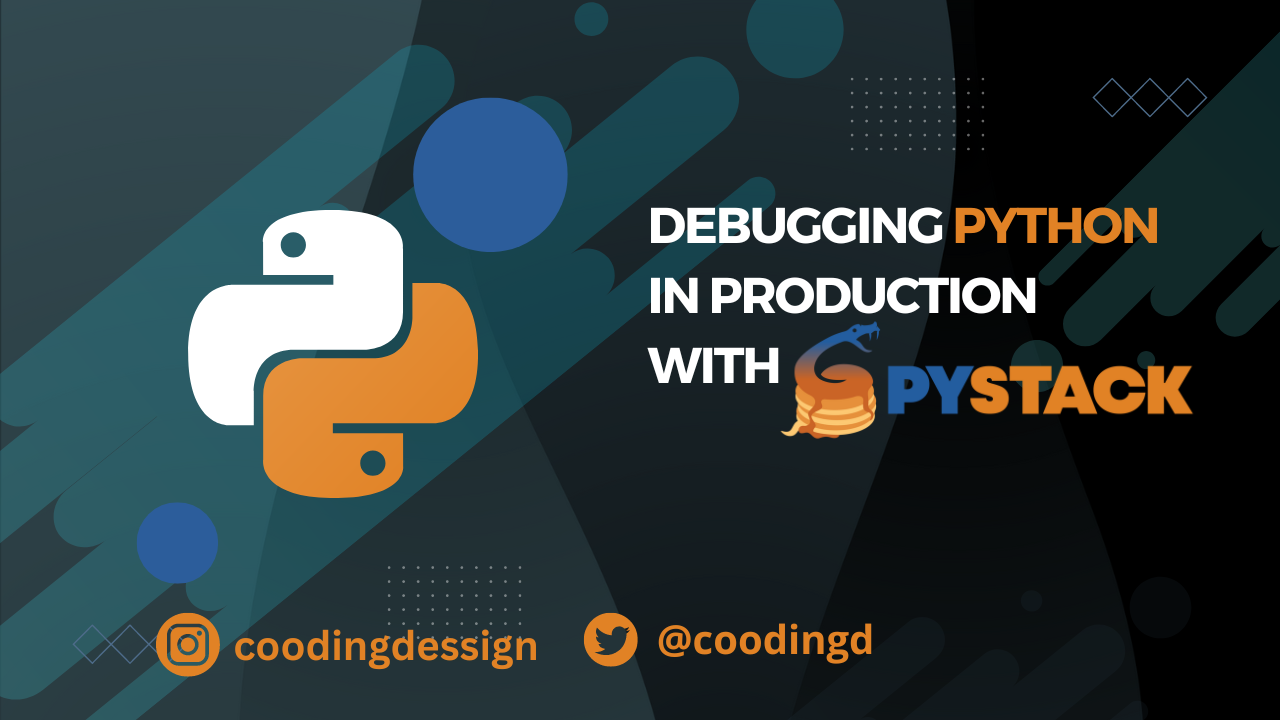I’m pleased to announce the release of
scikit-survival 0.17.2.
This release fixes several small issues with packaging scikit-survival
and the documentation.
For a full list of changes in scikit-survival 0.17.2, please see the
release notes.
Most notably, binary wheels are now available for Linux, Windows, and macOS (Intel).
This has been possible thanks to the cibuildwheel
build tool, which makes it incredible easy to use GitHub Actions for building
those wheels for multiple versions of Python.
Therefore, you can now use pip without building everything from source by
simply running
pip install scikit-survival
As before, pre-built conda packages are available too, by running
conda install -c sebp scikit-survival
Support for Apple Silicon M1
Currently, there are no pre-built packages for Mac with Apple Silicon M1
hardware (also known as macos/arm64).
There are two main reasons for that. The biggest problem is the lack of
CI servers that run on Apple Silicon M1. This makes it difficult to
systematically test scikit-survival on such hardware.
Second, some of scikit-survival’s dependencies do not offer wheels
for macos/arm64 yet, namely ecos
and osqp.
However, conda-forge figured out a way to
cross-compile packages, and do offer
scikit-survival for macos/arm64.
I tried to adapt their conda recipe, but failed to achieve a working
cross-compilation process so far.
Cross-compiling with cibuildwheel would be an alternative, but currently
doesn’t make much sense if run-time dependencies ecos and osqp do not
provide wheels for macos/arm64.
I hope these issues can be resolved in the near future.






